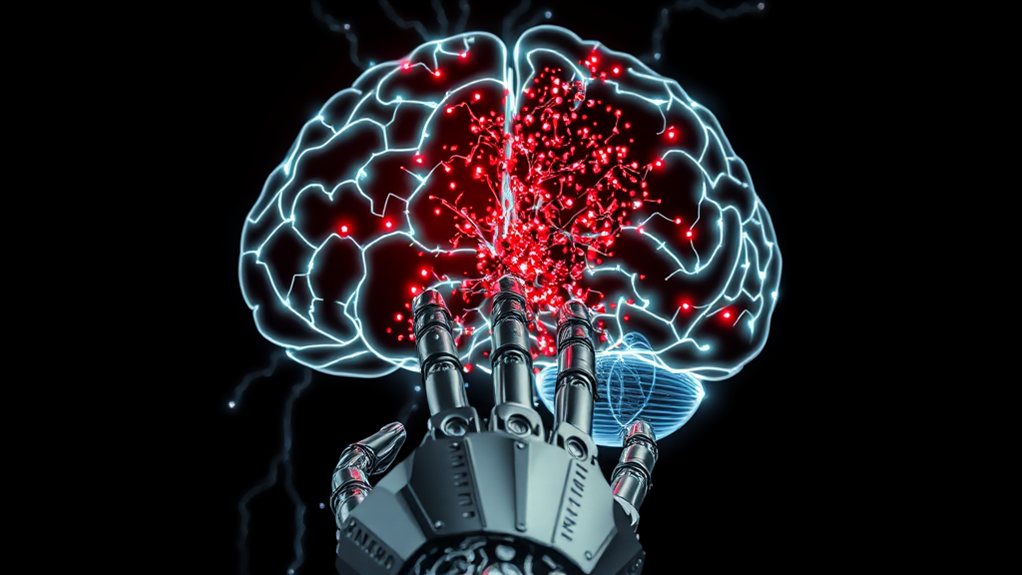
While tech companies race to develop more advanced artificial intelligence, a panel of 475 AI researchers is warning that we’re heading down the wrong path toward human-like AI. The experts claim that current methods won’t achieve artificial general intelligence (AGI), even with increased resources and computing power.
You’ve likely heard bold claims about AI’s capabilities, but researchers say there’s a significant gap between public perception and reality. A striking 79% of the experts surveyed indicate that people’s understanding of AI abilities doesn’t match what the technology can actually do. They’re particularly concerned that the hype surrounding AI is actually making it harder to conduct meaningful research.
The research panel points out that today’s best AI systems can only answer about half of their questions correctly. While that’s a notable improvement from five years ago, it’s far from the human-level intelligence that many companies promise. The experts emphasize that scaling up existing AI methods won’t solve these fundamental challenges.
You might wonder what this means for AI’s future. The researchers suggest that instead of rushing toward human-like AI, we should focus on gradual, responsible development. They’re advocating for new training methods and better cooperation between AI systems to improve their reliability and fact-checking abilities.
The Gartner Hype Cycle, which tracks technology trends, shows that excitement about generative AI has peaked and is now declining. This aligns with the researchers’ view that we need more realistic expectations about AI’s capabilities and limitations.
Looking ahead, the experts believe AI will remain an important part of society, but they’re calling for a more measured approach to its development. They stress that reaching true human-level AI requires new methods and careful consideration of safety and ethical concerns.
While AI has made significant progress, these researchers want you to know that we’re still far from achieving the kind of advanced artificial intelligence that many imagine is just around the corner.







